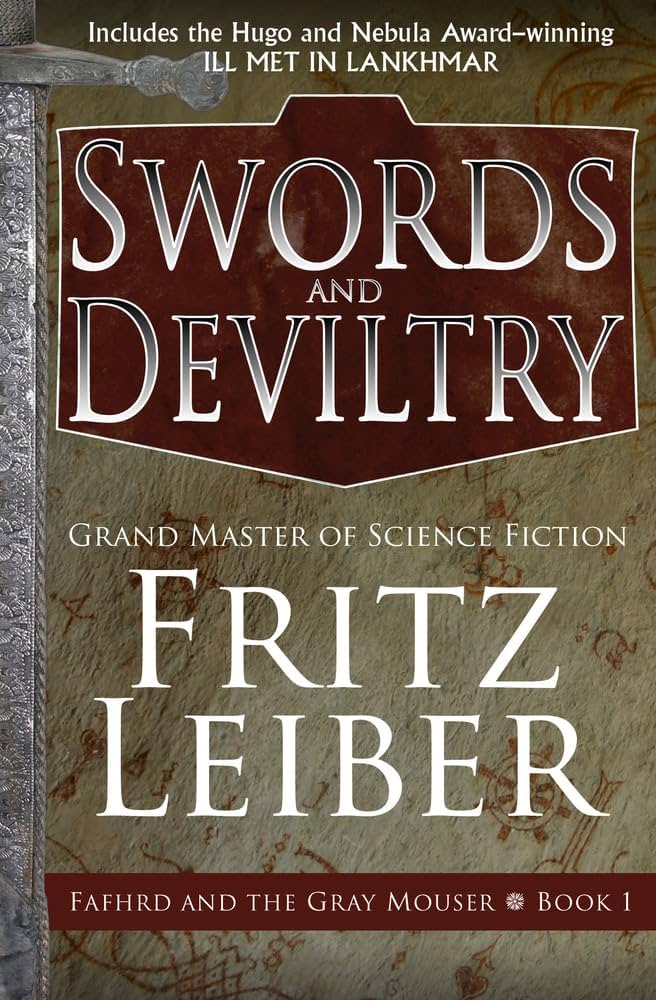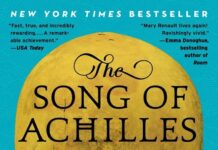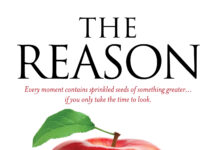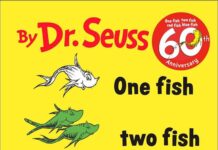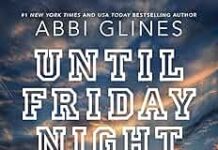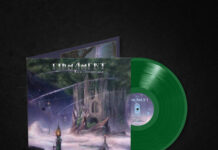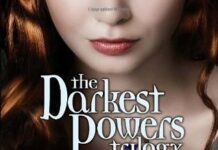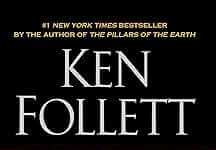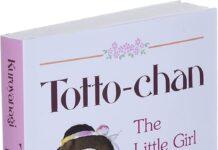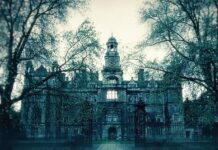In the shadowed corridors of fantasy literature, where the line between heroism and villainy intertwines like the winding paths of a labyrinth, Fritz Leiber’s “Swords and Deviltry” emerges as a seminal work that invites readers into a realm ripe with intrigue and moral ambiguity. This collection, the inaugural entry in the celebrated Fafhrd and the Gray Mouser saga, deftly weaves together the threads of adventure and darkness, presenting characters who navigate the treacherous landscapes of their own desires and fears. With a narrative steeped in the rich traditions of sword and sorcery, Leiber crafts a vivid tapestry where the mundane collides with the mystical, showcasing a world where fate is as unpredictable as the shifting sands of a chaotic city.In this review, we will delve into how “Swords and Deviltry” not only defines the foundations of dark fantasy but also challenges the very essence of heroism itself, inviting both seasoned fans and newcomers to experience the haunting allure of Leiber’s captivating creations.
Unveiling the Enigmatic Universe of Fritz Leiber’s Dark Fantasy

Fritz Leiber’s work in dark fantasy transcends mere storytelling; it delves into the intricate fabric of human experience, portraying a universe teeming with both magic and moral ambiguity. In Swords and Deviltry, Leiber introduces readers to the iconic duo of Fafhrd and the Gray Mouser, two characters that embody the duality of heroism and villainy. Their escapades are set against a backdrop of shifting alliances, treacherous landscapes, and the ever-looming presence of supernatural forces. The world they traverse is not just a battleground but a reflection of the human psyche, where desire, betrayal, and redemption intermingle, creating a rich tapestry of narrative depth. this exploration of moral gray areas invites readers to question the nature of courage in a universe where the lines between good and evil are perpetually blurred.
The landscapes depicted in Leiber’s dark fantasy are as multifaceted as his characters. Whether navigating the perilous streets of Lankhmar or grappling with nightmarish creatures lurking in the shadows, the settings amplify the stories’ themes of struggle and survival. Among the elements that define this universe are:
Best-Selling Books in This Category
- Mysterious Deities: Entities that manipulate human affairs, often with ambiguous motives.
- Arcane artifacts: Objects imbued with power, tempting characters toward their doom.
- Torrid Alliances: Relationships forged under duress, leading to unexpected outcomes.
- Bitter Conflicts: Clashes that reveal the true nature of both friends and foes.
Leiber’s prose is not just an escapade in fantasy; it is indeed a profound exploration of existential questions, compelling the reader to examine their own beliefs as they accompany Fafhrd and the Gray Mouser on their harrowing journeys. this engagement with the text allows for a myriad of interpretations, each reflecting the reader’s own experiences and worldview, ensuring that these tales remain poignant and relevant through the ages.
The Allure of Anti-Heroes in ‘Swords and deviltry

In the intricate tapestry of human morality spun by fritz Leiber in Swords and Deviltry, the central characters emerge as alluring anti-heroes, embodying the chaotic essence of a world steeped in magic and treachery. Unlike customary heroes, these figures possess a blend of virtues and vices, which makes their journeys both compelling and relatable.The protagonists often grapple with their flaws and ambitions, propelling them to make choices that blur the lines between good and evil. This moral ambiguity invites readers to engage with their stories on an emotional level, prompting reflections on the complexity of human nature.
The resonance of these anti-heroes is forged through their struggles against oppressive forces, whether they be dark sorcery or their own inner demons. By setting them against a backdrop of conflict and desire, Leiber crafts a narrative that thrives on unpredictability. Consider the following elements that contribute to their appeal:
- Relatability: Their imperfections mirror our own, making them feel real.
- Conflict: Internal and external challenges keep readers invested in their quests.
- Redemption Arcs: Possibilities for growth make their journeys compelling.
- Rich Backstories: Their pasts add depth and context to their decisions.
Imagery and Atmosphere: The Dark Aesthetics of Leiber’s World
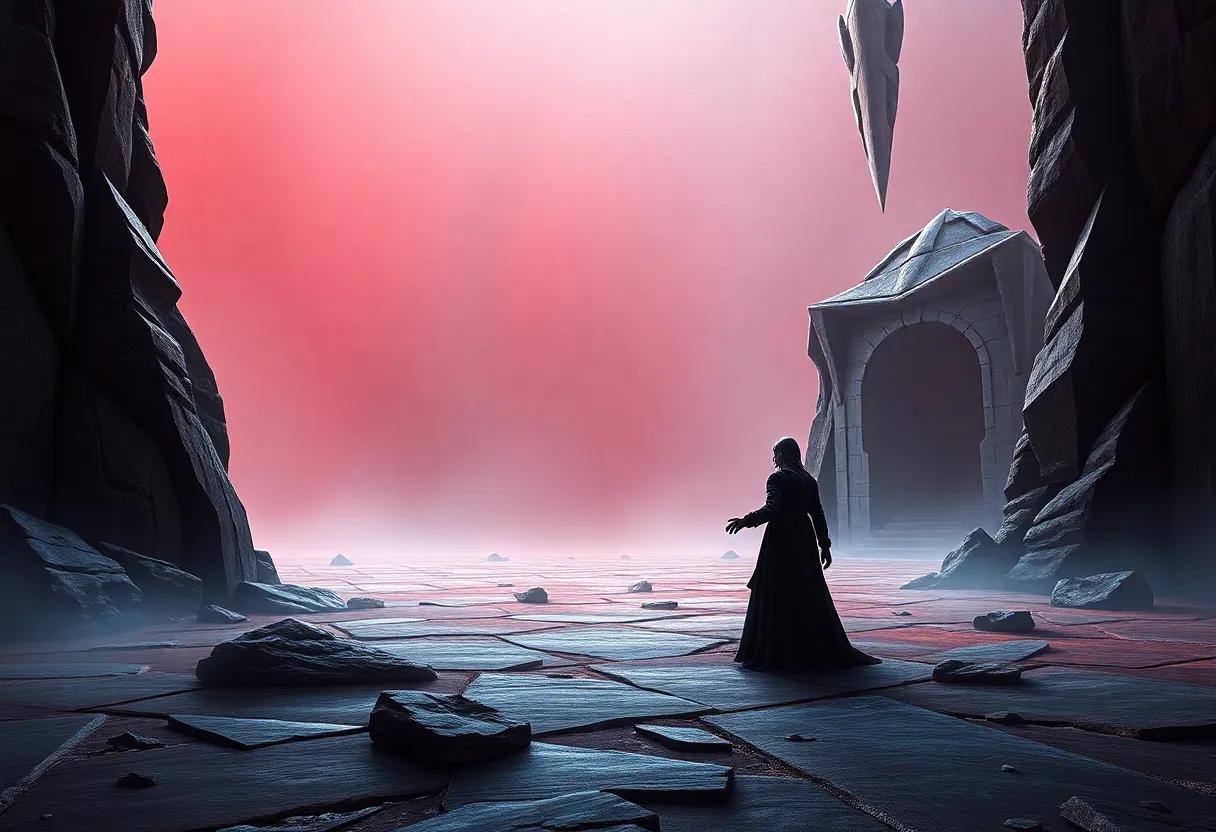
The haunting landscapes of fritz Leiber’s world are imbued with a palpable sense of foreboding, establishing a rich tapestry where horror and beauty coexist. Within these dark realms,readers encounter a myriad of gothic elements that lend a weighty atmosphere to his narratives. The desolated streets of Lankhmar echo with the whispered tales of past adventures, while the shadowy corners teem with unseen dangers. This intertwining of fantasy and malevolence is expressed through:
- Gloomy settings that reflect the turbulent emotions of the characters.
- Sinister creatures, whose forms are as terrifying as they are fascinating.
- Intense conflicts between civilization and chaos, mirroring the characters’ inner struggles.
The sense of dread in Leiber’s work is further accentuated by the psychological depth he gives to his characters. Those who traverse his dark fantasy landscape often find themselves grappling not only with external foes but also with the sinister shadows lurking within their own souls. In this world, heroes are rarely purely virtuous; rather, they are richly flawed individuals confronting profound moral dilemmas. A subtle dichotomy exists, illustrated in the following table:
| Character | Internal Struggle |
|---|---|
| Fafhrd | Bravery vs. Fear |
| The Gray Mouser | Desire for power vs. loyalty |
This interplay of external and internal darkness not only creates a gripping atmosphere but also invites readers to contemplate the complex nature of good and evil,making Leiber’s world an enduring source of fascination in the realm of dark fantasy.
Character Development: Crafting Complex, Flawed Protagonists
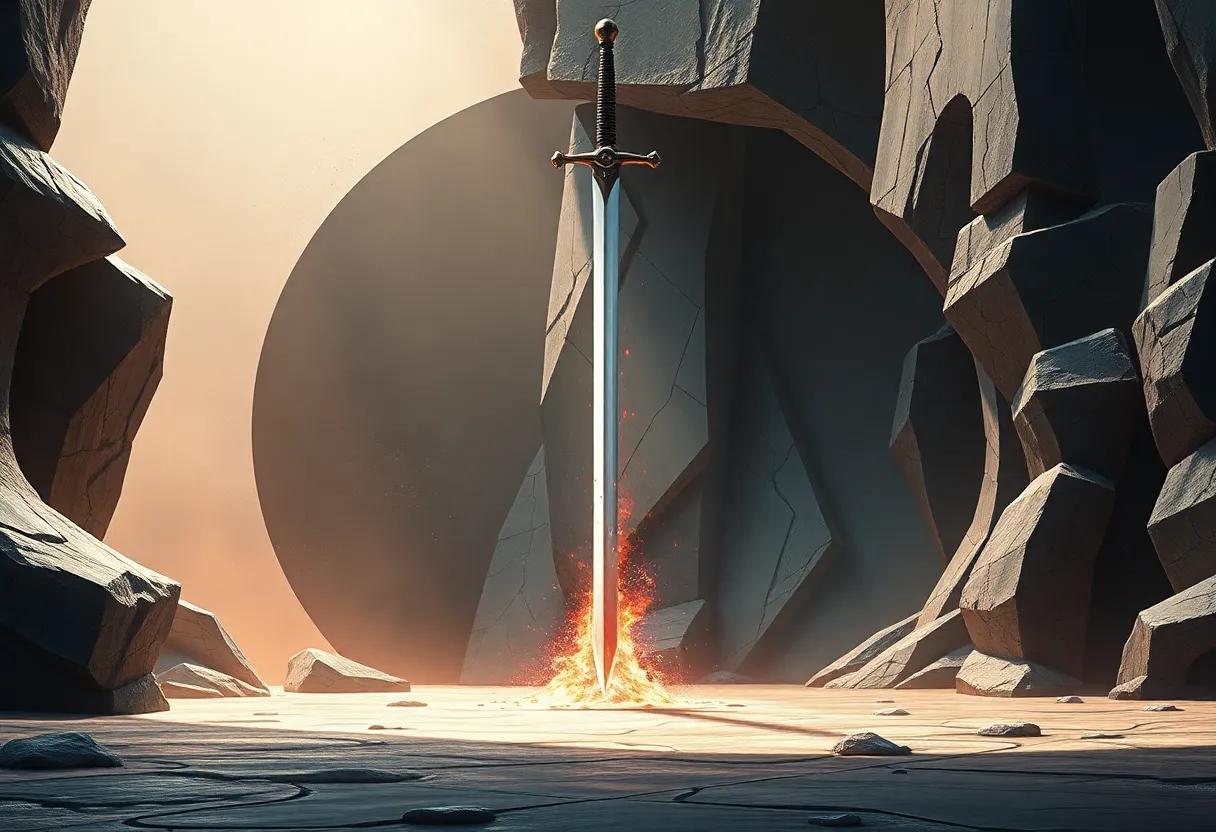
In the rich tapestry of Fritz Leiber’s “Swords and Deviltry,” the protagonists are not merely heroes; they are intricate beings woven from a collection of desires, fears, and vulnerabilities. Leiber masterfully illustrates how flaws—be it cowardice, greed, or moral ambiguity—serve to enhance the authenticity of his characters. These imperfections allow readers to relate to their struggles, creating a visceral connection. For instance, characters such as Fafhrd and the Gray Mouser exhibit dualities that reflect the human condition, as they oscillate between noble aspirations and self-serving motivations.This complexity breathes life into their adventures, blurring the lines between right and wrong, hero and villain.
Furthermore, the dynamics between Fafhrd and the Gray Mouser reveal the interplay of loyalty and betrayal. Their camaraderie is rife with moments of tension, where personal desires clash with the greater good. This exploration of deep, frequently enough conflicting emotions culminates in a rich character landscape shaped by the vivid, often risky settings of the dark fantasy world they navigate. Readers are drawn into their journeys not solely for the quest but for the intricate portrait of friendship that falters and grows amidst chaos, illustrating that true strength frequently enough lies in vulnerability. To encapsulate these themes in context:
| Character | Flaw | Growth Arc |
|---|---|---|
| Fafhrd | Impulsiveness | Learns patience and strategy |
| Gray Mouser | Greed | Recognizes the value of friendship over riches |
The Nuances of Morality in a Shadowy Narrative Landscape
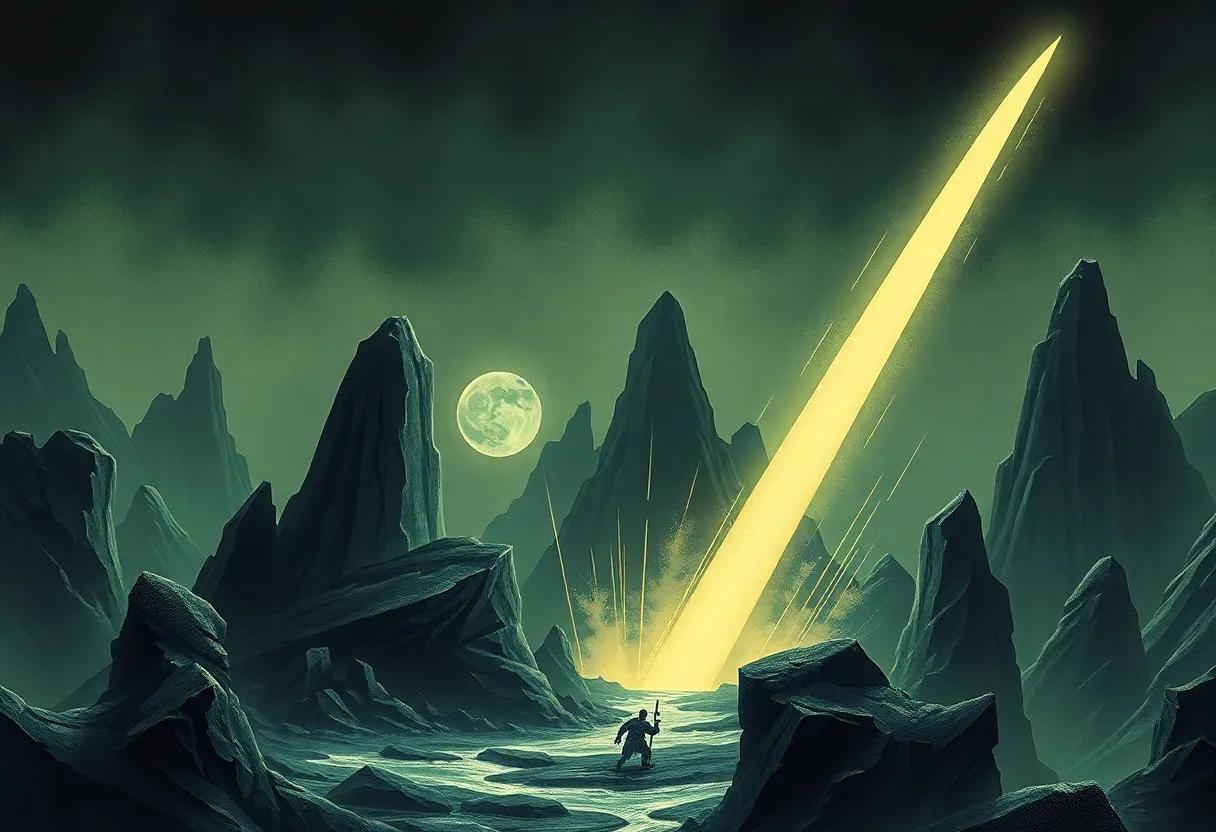
In the twisted realms crafted by Fritz leiber,morality isn’t a clear path but a labyrinth of shadow and light,where characters often traverse the blurred lines between heroism and villainy. The protagonists,such as Fafhrd and the Gray Mouser,embody the complexities of human nature,showcasing traits that resonate with readers’ own struggles with ethical dilemmas.They aren’t merely heroes; they are flawed individuals navigating their desires, fears, and the existential bleakness that permeates their world. This depth allows for a rich exploration of themes like loyalty, betrayal, and the thin veil of civilization, inviting us to confront our own moral compasses in scenarios of extreme circumstance.
key elements within Leiber’s narrative present a vivid tableau of ethical contradictions,transcending the simplistic good versus evil dichotomy.the landscape itself acts as a moral actor, wherein the chaotic forces of magic and fate intertwine with human intention, complicating every choice made by his characters. Here are some notable themes that accentuate this moral complexity:
- Ambiguity of Good and Evil: Characters frequently enough face choices where the “right” decision is not clear.
- Consequences of Action: The outcome of decisions resonates far beyond the initial intent.
- Survival versus integrity: Survival instincts challenge moral integrity, forcing characters to weigh personal gain against ethical standards.
To further illustrate these nuances, the table below summarizes pivotal decisions faced by our protagonists:
| Decision | Outcome | Moral Implication |
|---|---|---|
| Betraying a Friend | Temporary Gain | Loss of Trust |
| Stealing for Survival | Prosperous Escape | Ethical Quandary |
| Choosing Revenge | Satisfaction, Yet Regret | Cycle of Violence |
Interplay of Magic and Swordplay: A Signature Blend of genres
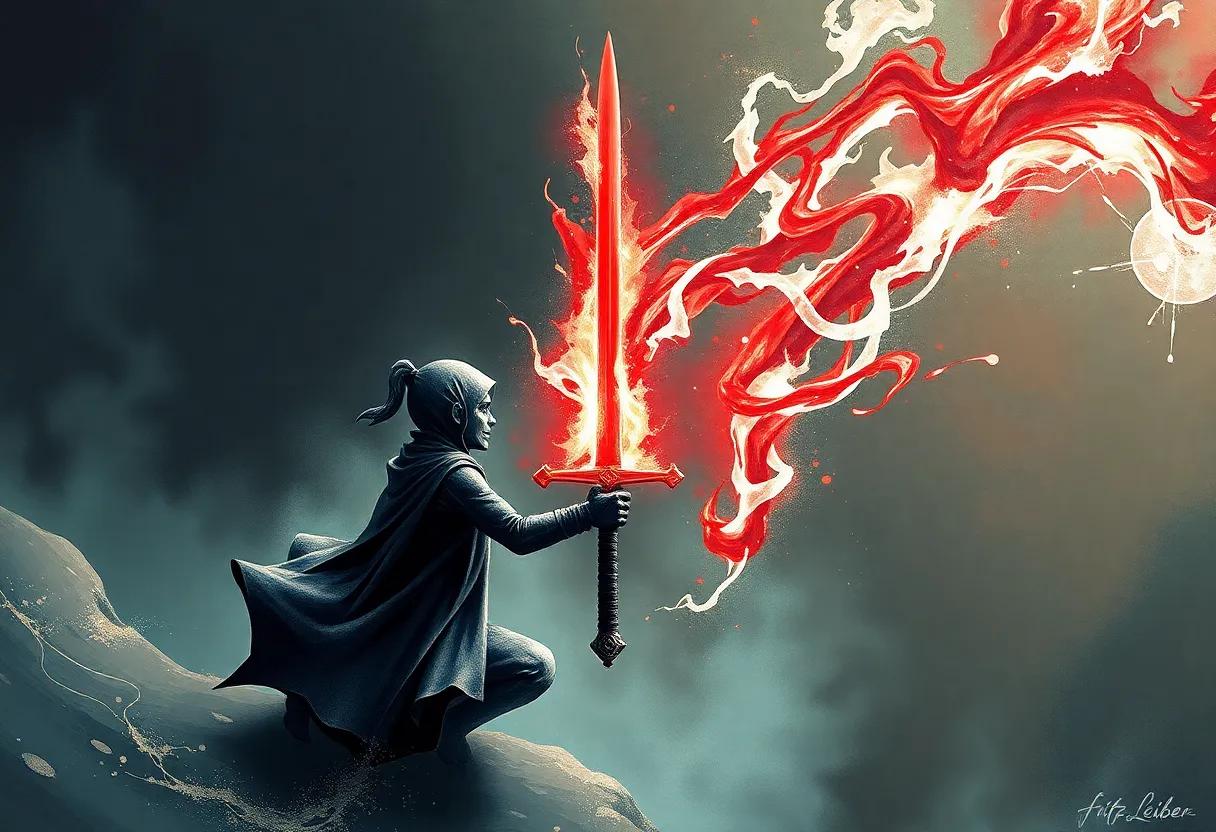
In the shadowy corners of Fritz Leiber’s “Swords and Deviltry,” the worlds of magic and combat intertwine with an intoxicating allure. The narrative invites readers into a vivid tapestry where swords clash and spells weave through the fabric of fate. Characters like Fafhrd and the Gray Mouser exemplify this intricate blend,wielding their blades not just as weapons,but as extensions of their desires and destinies. Their journeys reflect a profound connection between the art of swordplay and the unpredictability of sorcery, forming a unique synergy that challenges the very fabric of reality.
As the duo navigates treacherous realms, both tangible and ethereal, the interplay of martial prowess and magical aptitude becomes a signature motif. The narrative gallantly explores themes of betrayal, honor, and chaos, where alliances shift as fluidly as spells cast in the heat of battle. This coupling of genres engages readers with an exhilarating momentum,crafting moments that juxtapose the raw force of steel against the subtle,intricate dance of magical arts. Below is a brief overview of key elements that characterize this enchanting collision:
| Element | Description |
|---|---|
| Characters | Fafhrd & the Gray Mouser: heroes embodying the clash of magic and might |
| Setting | Dark, sprawling landscapes filled with danger and enchantment |
| Themes | The duality of fate; consequences of choices shaped by violence and wizardry |
| conflict | Physical duels countered by arcane confrontations; moral dilemmas abound |
Themes of Friendship and Betrayal: Emotional Depth in Dark Fantasy
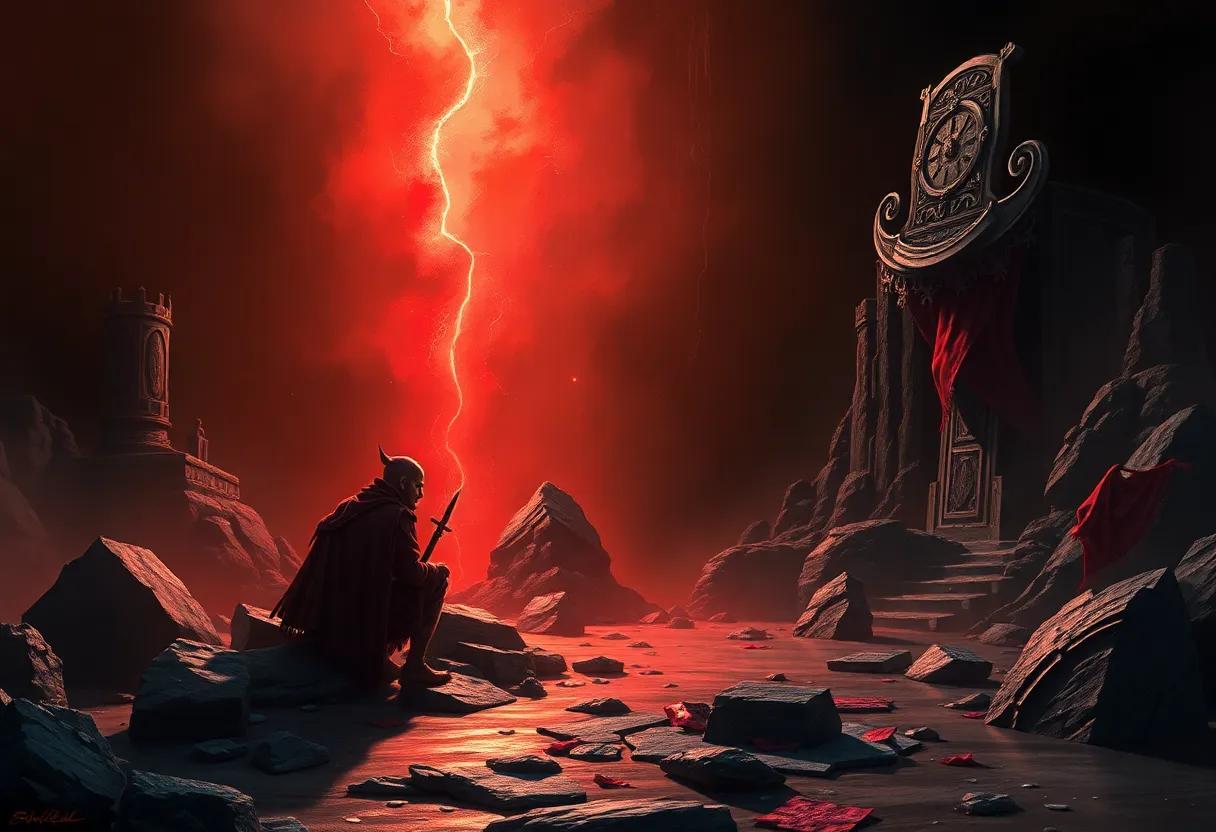
In the shadowy realms of Fritz Leiber’s Swords and Deviltry, friendships emerge amid treachery, intertwining the destinies of its characters in a tapestry rich with emotional resonance. The bond between the protagonists, Fafhrd and the Gray Mouser, epitomizes a deep-seated camaraderie that is both forged and tested under the weight of peril. Their relationship thrives on mutual respect and loyalty, but not without the lurking specter of betrayal. Moments in the narrative illustrate how trust is a fleeting currency in a world abundant with deception,showcasing how the characters must navigate the fine line between solidarity and self-preservation.
throughout their adventures, the choices that Fafhrd and the Gray Mouser make reveal the complexities of their friendship. In times of crisis, when the stakes are amplified, their bonds are either tempered or frayed, revealing the depths of their emotional struggles. Key themes include:
- Power Dynamics: The hierarchical shifts in their friendship under the pressure of external threats.
- Personal sacrifice: The weigh of decisions made in the name of loyalty that could lead to tragic outcomes.
- Ambiguity of Morality: The characters face moral dilemmas that challenge their loyalty to each other.
This intricate interplay of friendship and the potential for betrayal creates a narrative that resonates with readers, inviting them to explore the darker facets of human connections in a world rife with chaos.
World-building in ‘Swords and Deviltry’: A deep Dive into Lore
Fritz Leiber’s ‘swords and deviltry’ presents a rich tapestry of dark fantasy that captivates the creativity through its multifaceted world-building. Set in the shadowy, decadent cities of the Lankhmar, the stories introduce readers to a realm steeped in magic, intrigue, and peril. Key elements of this world include:
- Urban Environments: The bustling streets of Lankhmar are alive with a plethora of characters, from cunning thieves to malevolent sorcerers.
- Mythical Creatures: The presence of ancient gods and mystical beasts adds layers of danger and wonder to the narrative.
- morality and Corruption: The themes of betrayal and heroism challenge the characters as they navigate a world that frequently enough rewards the unscrupulous.
Leiber intricately weaves a history filled with legends that paint the cultural backdrop of his characters. Notable figures in this lore include:
| Character | Role | Significance |
|---|---|---|
| Fafhrd | A barbarian warrior | Embodies strength and loyalty. |
| The Gray mouser | A cunning rogue | Represents wit and survival skills. |
| Sheelba of the eyeless Face | An enigmatic sorcerer | Serves as a mentor and a source of dark knowledge. |
Through such characters and their interactions, Leiber breathes life into a world that feels both alien and relatable, where every corner holds the promise of adventure and the potential for ruin. This complex interplay between morality, myth, and the personal journeys of its inhabitants reveals the depth of Leiber’s world-building craft, cementing ’Swords and Deviltry’ as a cornerstone of dark fantasy literature.
The Influence of Classic Mythology on Leiber’s Storytelling
Fritz Leiber’s storytelling is deeply intertwined with the rich tapestry of classic mythology, which he transforms into a dark fantasy landscape. His characters frequently enough echo the archetypes found in ancient tales,reflecting the complexities of human nature and morality. In Leiber’s universe, heroes and rogues embark on quests that bear striking resemblances to the journeys of mythic figures like Odysseus and Gilgamesh, but with a twist that adds depth and a sense of foreboding.this blend of the familiar and the eerie shapes a narrative style that resonates with readers on multiple levels.
Within the tales of *Swords and Deviltry*, one finds echoes of mythological motifs such as:
- The Hero’s Journey: Protagonists confront their fears and challenges reminiscent of classic mythical adventures.
- Mythical Beasts: Creatures drawn from ancient lore serve as both adversaries and symbols of dread.
- The Duality of Good and evil: Characters often blur the lines between heroism and villainy, challenging traditional values.
these narrative elements serve to remind readers of the timeless nature of myth, while also weaving a cautionary tale of the human condition, reflective of both ancient wisdom and Leiber’s unique vision.
Narrative Style: Prose That Dances Between Poetry and grit

The prose of Fritz Leiber in Swords and Deviltry is akin to a haunting melody, each word woven into the fabric of a shadowy tale that invokes both beauty and brutality.His narrative captures the essence of a world steeped in dark fantasy, creating a balance between lyrical descriptions and the visceral realities faced by his characters. Sentences flutter like moths to a flame, drawing the reader into a realm where poetry spills forth amid the grit of daily survival. Leiber skillfully navigates the fine line between fantastical imagination and stark realism, allowing emotions to resonate deeply through vibrant imagery and subtle irony. Key elements of this style include:
- Vivid Imagery: Each scene is painted with evocative details that make the supernatural feel palpable.
- Emotional depth: Characters experience profound struggles that reflect the harshness and beauty of their world.
- rhythmic Prose: The flow of words mirrors the cadence of a song, making the reading a rhythmic experience.
Along with the lyrical quality, Leiber’s writing frequently enough features unexpected juxtapositions and clever wordplay that elevate the narrative. Characters inhabit a universe where morality is not black and white, but a murky gray, full of contradictions. Leiber’s unique ability to blend poetic expression with raw, gritty elements creates a captivating tension that echoes throughout the stories. This duality manifests not only in the character arcs but also in the settings that play as much of a role as the protagonists themselves. For exmaple, if we were to highlight key stories within swords and Deviltry, a simple table could encapsulate their essence:
| Story | Themes | Character Focus |
|---|---|---|
| The Snow Women | desire, Survival | Fafhrd |
| Ill Met in Lankhmar | Betrayal, Friendship | Fafhrd & the Gray Mouser |
Comparative Analysis: Leiber and His Peers in dark Fantasy

Fritz Leiber, a pivotal figure in the evolution of dark fantasy, carved out a niche that distinguished his work from contemporaries like Robert E. Howard and H.P. Lovecraft. While Howard’s tales frequently enough revel in the boundless quests of heroes and Lovecraft immerses readers into the abyss of cosmic horror, Leiber expertly weaves a tapestry where morality twists and shadows fold. His protagonists, Fafhrd and the Gray Mouser, navigate a sordid landscape filled with treachery and desire, embodying a blend of heroism and self-interest that complicates the traditional archetype. In works like “Swords and Deviltry,” Leiber presents a nuanced world, where idealism clashes with cynicism, reflecting the intricate struggles of power and existence in a realm that is both dangerous and delightful.
When contrasted with his peers, Leiber’s focus on the human experience set a new standard in the genre. For instance, while Howard propels his characters through grand adventures against overwhelming odds, often steering them towards glory, leiber prefers to explore quieter moments of betrayal, friendship, and the ethereal cost of ambition. Lovecraft’s minutiae detail fear of the unknown; however,Leiber’s prose pulsates with the humor and humanity of his characters,grounding his fantastical elements in relatable motifs. this approach resonates in the rich, grimy streets of Lankhmar, where the mundane mingles with the magical, effectively captivating readers who seek both excitement and introspection in their dark fantasy narratives.
Recommended Reads for Fans of ‘Swords and Deviltry
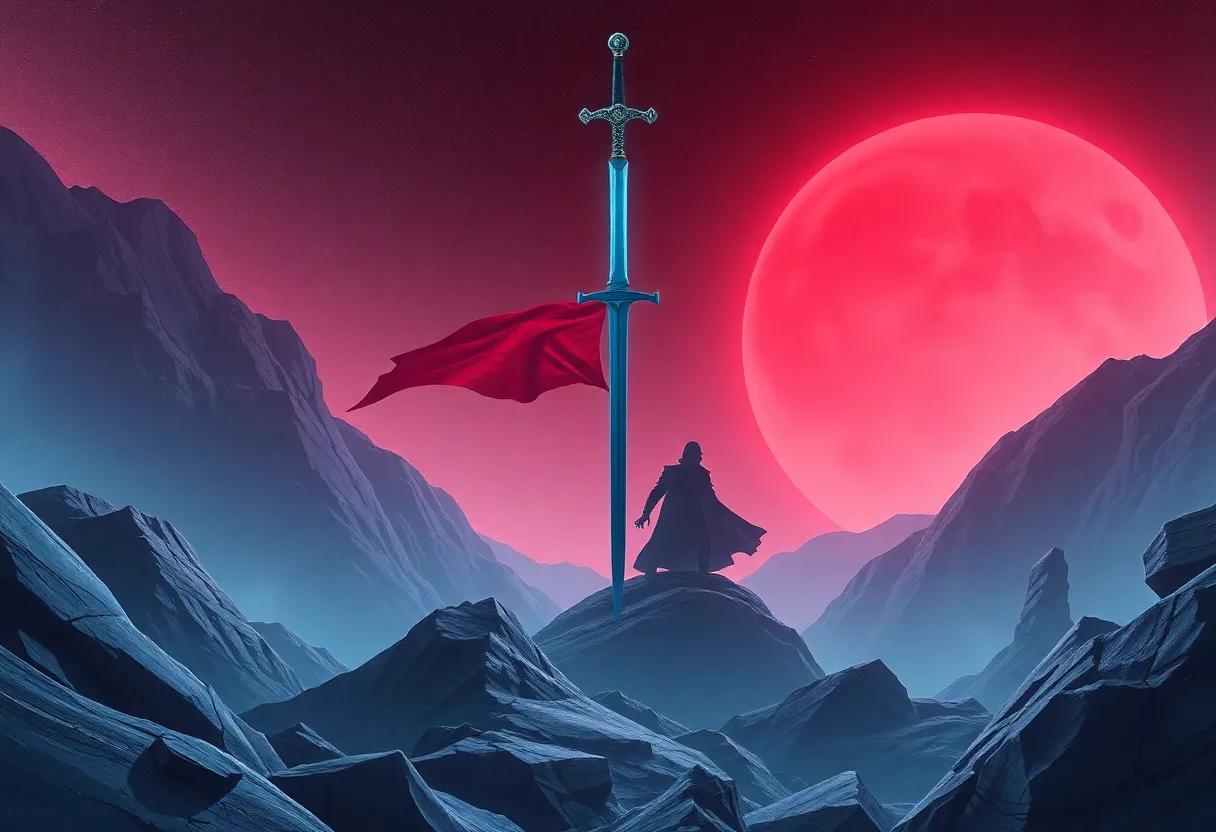
For those captivated by the rich tapestry of dark fantasy woven throughout Fritz Leiber’s ’Swords and Deviltry’, here are some recommended reads that promise to ensnare your imagination and transport you to similarly enthralling worlds:
- The Dying Earth by Jack Vance – A dazzling collection of stories set in a post-apocalyptic future, infused with whimsy and dark undertones, reminiscent of Leiber’s style.
- The Prince of Nothing series by R. Scott Bakker – An intricate narrative that blends ideology with epic fantasy,exploring the moral ambiguity of its characters much like Fafhrd and the Gray Mouser.
- The Broken Earth trilogy by N.K. Jemisin – A ground-breaking saga that intertwines magic with societal critique, echoing the same depth and complexity found in Leiber’s work.
- The Chronicles of Amber by Roger Zelazny – A richly imaginative series where family dynamics lead to epic conflicts, paralleling the adventurous spirit present in ‘Swords and Deviltry’.
Moreover, you may want to delve deeper into the realms of fantasy literature with the following table of noteworthy contemporary authors and their works:
| Author | Title | Genre |
|---|---|---|
| Brandon Sanderson | The Mistborn Trilogy | Epic Fantasy |
| Neil Gaiman | american Gods | Dark Fantasy |
| Gene Wolfe | The Book of the New Sun | Science Fantasy |
| Ursula K. le Guin | The Earthsea Cycle | Magical fantasy |
Diving into the Mind of Fritz Leiber: A Legacy of Dark Fantasy

Fritz Leiber’s contributions to the realm of dark fantasy are as profound as they are diverse, weaving a tapestry rich with complexity and nuance. In ‘swords and Deviltry’, he introduces us to the trials and tribulations of his iconic characters, Fafhrd and the Gray Mouser.Set against a backdrop of grim cities and shadowy corners,these stories plunge readers into a world where morality is often muddied. the following elements stand out in Leiber’s work:
- Moral Ambiguity: Characters operate in shades of gray, making choices that challenge conventional notions of heroism.
- Cinematic atmosphere: Vivid descriptions create a palpable sense of place,immersing readers in harsh realities and mystical elements.
- Complex Relationships: The camaraderie and conflicts between the protagonists deepen the narrative, showcasing the intricacies of friendship in a tumultuous world.
The landscapes of Leiber’s imagination also draw inspiration from a rich tapestry of myth, history, and personal experiences, elements that are meticulously interwoven into the storytelling. His unique blend of humor and horror complements the sweeping adventures, offering both levity and tension at pivotal moments. Within the pages of ‘Swords and Deviltry’, themes such as:
| Theme | Description |
|---|---|
| Friendship | Explores the bonds forged through shared adversity and loyalty. |
| Fate vs. Free Will | The characters grapple with forces beyond their control, questioning their agency. |
| Honor and Betrayal | Examines how personal codes of honor clash with societal expectations. |
These themes resonate with readers, as they reflect deeper truths about human nature and the perennial struggle against darkness, both external and internal. in capturing the essence of human experience within fantastical realms, Leiber’s legacy as a master of dark fantasy endures, inviting new generations to explore the timeless adventures of Fafhrd and the Gray Mouser.
Understanding Leiber’s Impact on the Genre and Its Evolution

The contribution of Fritz Leiber to the fantasy genre is not merely historical; it reshaped narrative frameworks and tropes that continue to influence writers today. Through his creation of the iconic duo, Fafhrd and the Gray Mouser, Leiber infused complexity into character relationships, blurring the lines between heroism and moral ambiguity. His work explores themes of friendship, betrayal, and the duskiness of human nature, which laid the groundwork for darker character motivations and ethical dilemmas in the fantasy space. The rich tapestry of settings—from the bustling streets of Lankhmar to the haunting landscapes of the Nameless City—showcases his ability to create immersive worlds that reflect the tumult of societal changes during his time.
Moreover, Leiber’s writing style marks a distinct shift towards a more prose-driven narrative, steering away from the ornate language typical of earlier fantasy works. With this, he introduced a brisk pace and a focus on dialog, making the stories dynamic and engaging. His influence is evident in the works of modern fantasy authors who draw inspiration from his blending of dark themes, humor, and existential questions. In this very way, leiber’s impact on the fantasy genre is critically important; it not only opened pathways for subsequent narratives but also encouraged writers to delve deeper into the psyche of their characters, transforming the genre into a more complex and layered experience for readers.
to sum up
“‘” invites readers to traverse a realm where the boundaries of morality and magic blur into a rich tapestry of conflict and camaraderie. Leiber’s masterful world-building and compelling characters are not merely the hallmarks of a genre, but a profound exploration of the human experience—themes of ambition, betrayal, and the eternal struggle against the shadows that linger within us all.As we close this chapter on Leiber’s iconic work, we are left to ponder the age-old questions that resonate through the ages: What drives us to wield the sword, and what darkness lies deep within our souls? Whether you’re a seasoned traveler of fantasy or a curious newcomer, the landscapes and legends crafted in ‘Swords and Deviltry’ offer an unforgettable journey worth embarking on time and again.

